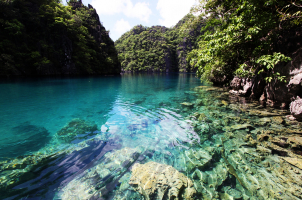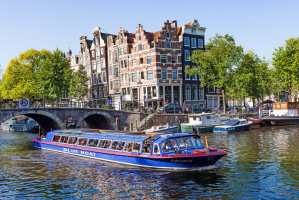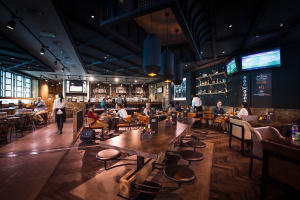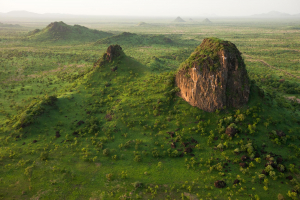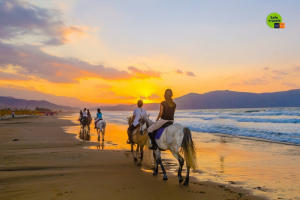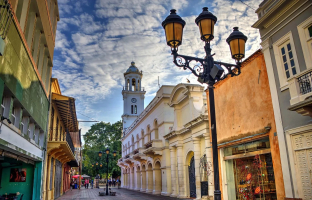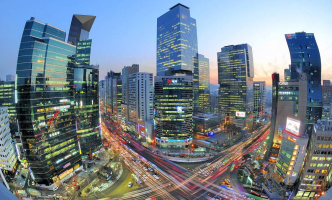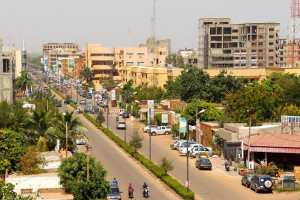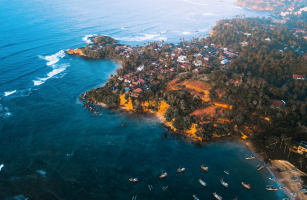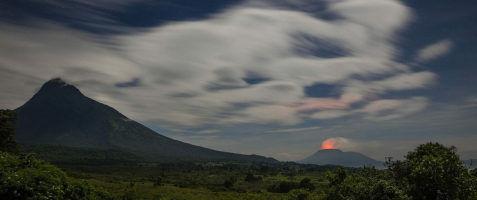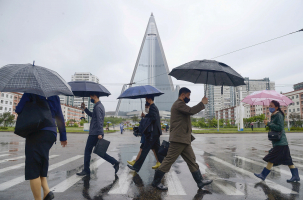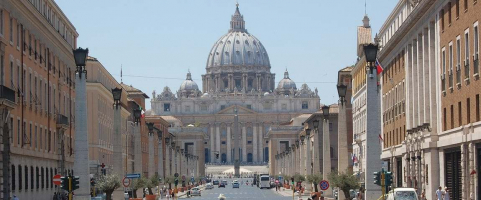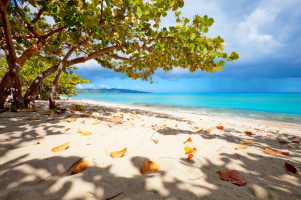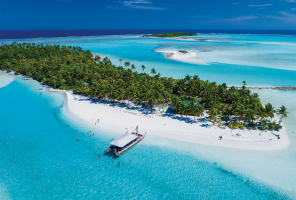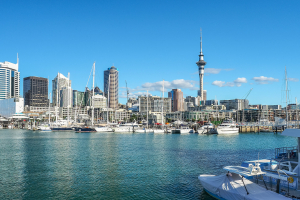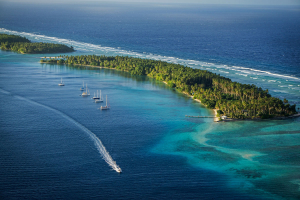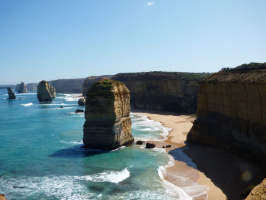Top 10 Things about the Australia You Should Know
The final destination of a journey Australia has a wealth of adventure to offer, and you may have the trip of a lifetime there. Apart from picking which ... read more...destinations to visit and how to visit them, there are a few things you should consider before departing. Even before booking a travel to Australia, you should conduct some research to prepare for certain unusual Australian elements. Here are Things about the Australia You Should Know.
-
Australians speak English, but they have their own slang words that heavily influence their conversational English. You can find yourself in the unusual predicament of speaking the language but not understanding what they're saying.
To assist you, here are some key words to remember: Togs/swimmers/bathers = bathing suit; tomato sauce = ketchup; "Do you want to join us for tea?" = "Do you want to join us for dinner?" Remember those and you'll be fine, but don't be afraid to ask questions; most Australians will gladly interpret for you, and you'll be proficient in no time.

https://www.gostudy.com.au/ 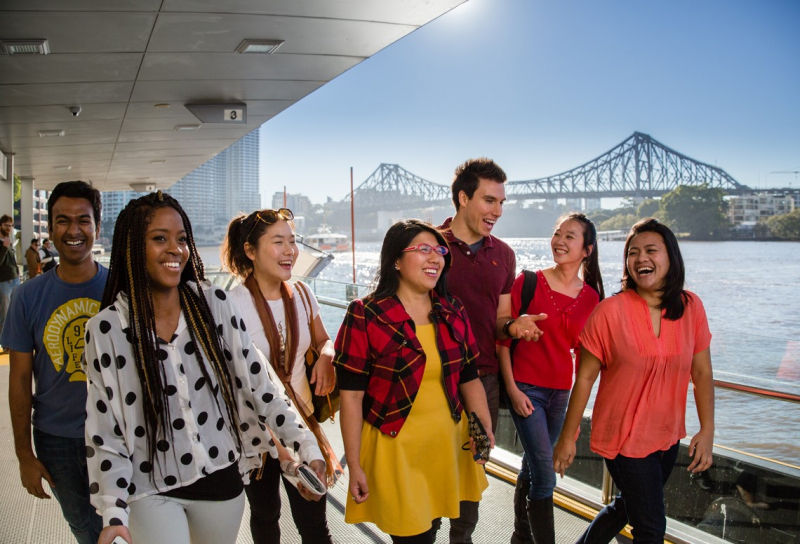
https://www.ktmconsultingroup.com -
When the sun shines in Australia, it shines brightly. Summer temperatures in some locations can be extremely hot (far over 40°C), and by 2040, they're anticipated to reach 50°C. In Sydney, recent heat waves have melted tarmac roads, killing hundreds of newborn bats. However, the risk does not end with the heat. The ozone layer protects us from the sun's harmful ultraviolet radiation, but the ozone layer directly above Australia is unusually weak.
The sun in Australia is exceptionally intense because of this, which is why the 'Slip Slop Slap' campaign from the 1980s was conceived. Each Australian city offers a unique summer experience. Wear plenty of sunscreen wherever you go, regardless. Perth's summers are hot and dry, but Brisbane's summers are hot and humid.Check out Hobart for a cool summer – if you can call it that – or Darwin for a year-round summer. Each city has something unique to offer, and the climate in Australia might make you feel as if you're visiting various countries. As a result, be ready for everything.
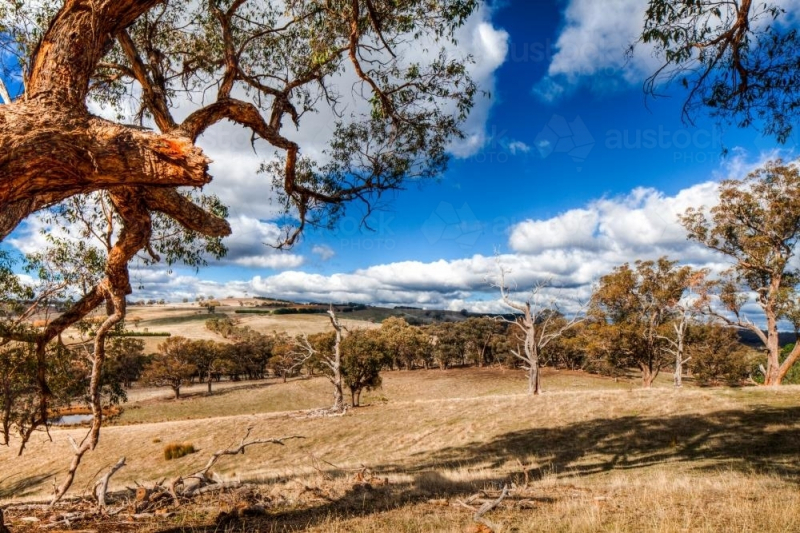
https://www.austockphoto.com.au/ 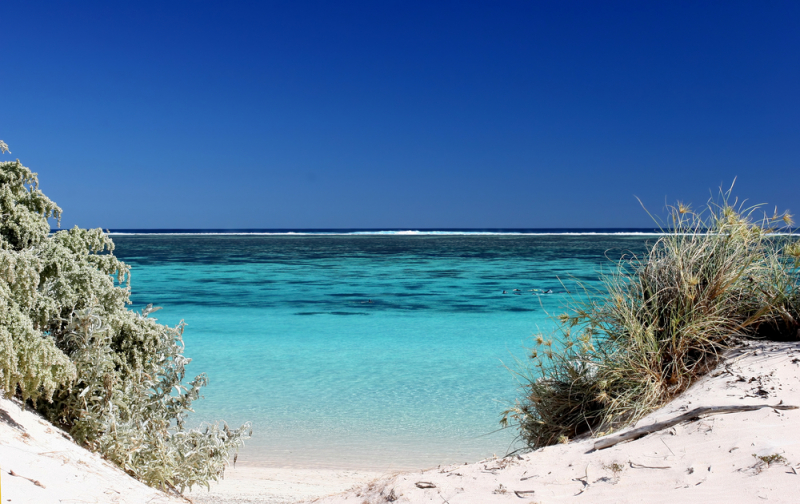
https://www.weekendnotes.com/ -
Australia is a pricey destination. Food, travel, and lodging costs should not exceed $100 each day. Transportation in Australia is expensive, so if you want to take a road trip around the country, buy a new or used automobile online. There are several websites in Australia that offer much cheaper rides around the country.
Try hostels for lodging; they are inexpensive and not as filthy as you may assume. If you're traveling with your family, a private room will still be less expensive than a hotel room. If you're looking for an adventure, go camping.
Cooking your own meals is much less expensive than eating out. Eating out every meal would be detrimental to your budget.
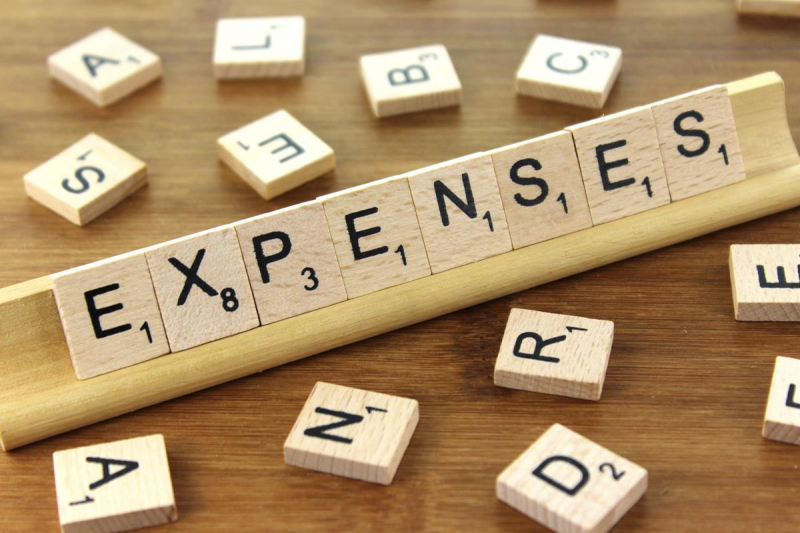
https://www.wackywanderers.com 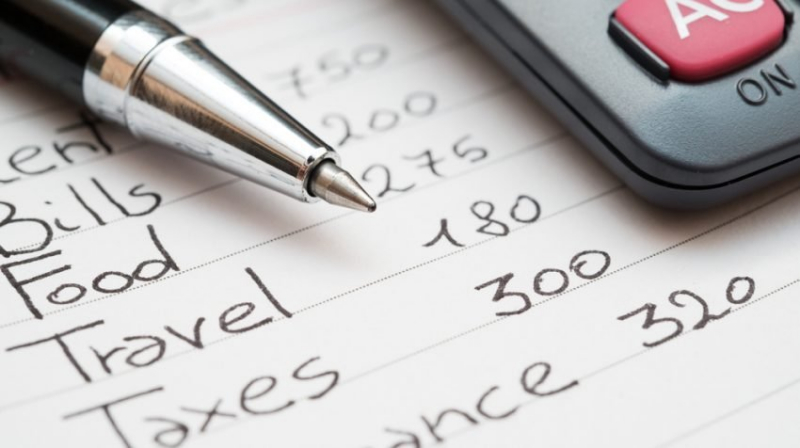
https://smallbiztrends.com/ -
While the Australian environment is unpredictable, sunscreen is a must-have for everyone. Even if you enjoy getting a tan, don't do it without wearing plenty of sunscreen because Australia's sun is extremely intense.
With a weaker ozone layer, Australia not only heats up quickly, but the rays are also very damaging to your skin, to the point that you may feel your skin searing. The blister will be painful and the sunburn will remain for weeks.
Put on a shirt, apply sunscreen, and wear a hat to keep safe. It also has to be done in that order. If you have really pale skin, a hat and a sundress or shirt may be necessary to keep that area covered. This is definitely one of the top things about Australia You Should Know before traveling to this country.

https://www.jacksonvillemag.com 
https://radaronline.com/exclusives/ -
The expectations and ambitions of seeing kangaroos and koalas wandering the streets are unrealistic; with towns rapidly increasing, wildlife has moved inland, and it is best to visit a wildlife park to witness these local species.
While we're on the subject of animals, keep in mind that not everything you see is harmful, and even if you do come across anything more dangerous, it's unlikely that it will kill you. Although Australia has a lovely natural setting full of gorgeous – and frequently unusual – critters, many of which are hazardous, this country is not a death trap, and you will be OK.
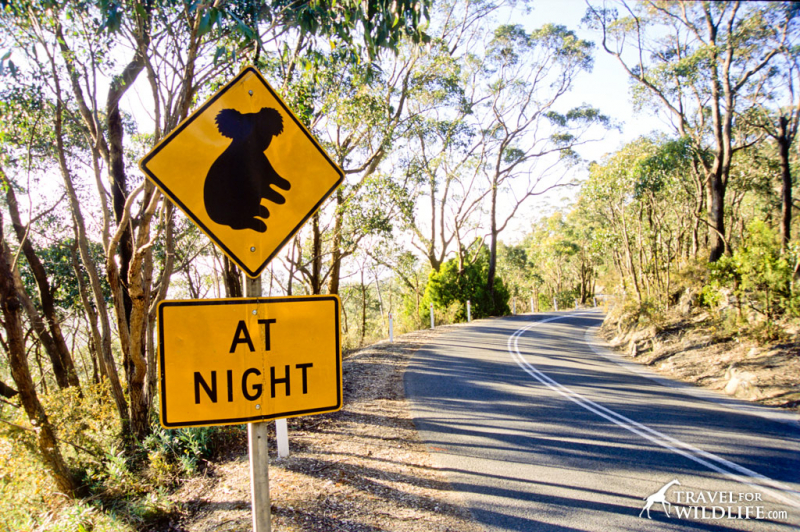
http://www.travel4wildlife.com/ 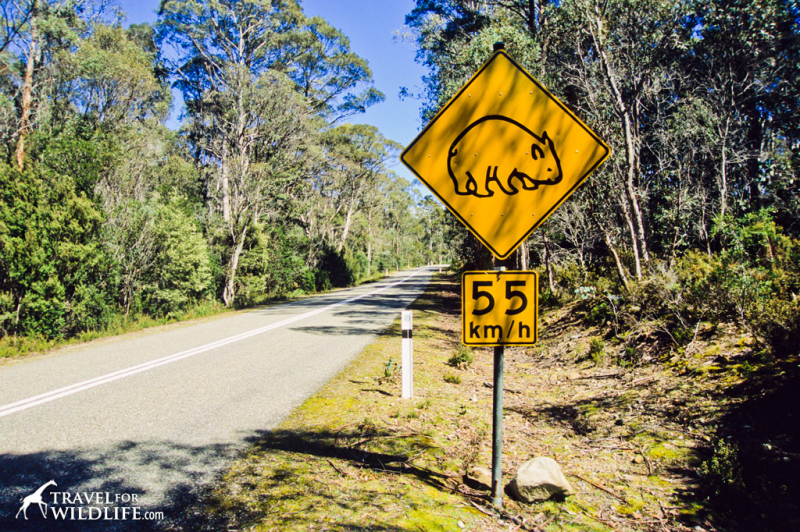
https://www.travel4wildlife.com/ -
Because the Australian government does not want its citizens to smoke, they have made it incredibly expensive to do so. Smokers currently pay a tax of USD$0.7 per cigarette, which is one of the world's highest tobacco taxes.
It's expected to rise as well; from September through 2020, the tax rate will rise by 12.5 percent, bringing the cost of a pack of cigarettes to roughly USD$40. It's also working, with Australia's adult smoking rate nearly halving since 1980. According to Deutsche Bank, the world's two most costly cities for purchasing a pack of cigarettes (with costs around USD$20) are Melbourne and Sydney. If you're coming to Australia and have a smoking habit, now is the time to quit.
However, it's up to you whether you smoke or not, but it's not a cheap habit in Australia. With regulations in place that makes a packet of cigarettes cost $40 (£22), you won't want to start smoking here unless you're willing to pay a big portion of your vacation budget. This is definitely one of the top things about Australia You Should Know before traveling to this country.

https://www.businessinsider.com.au/ 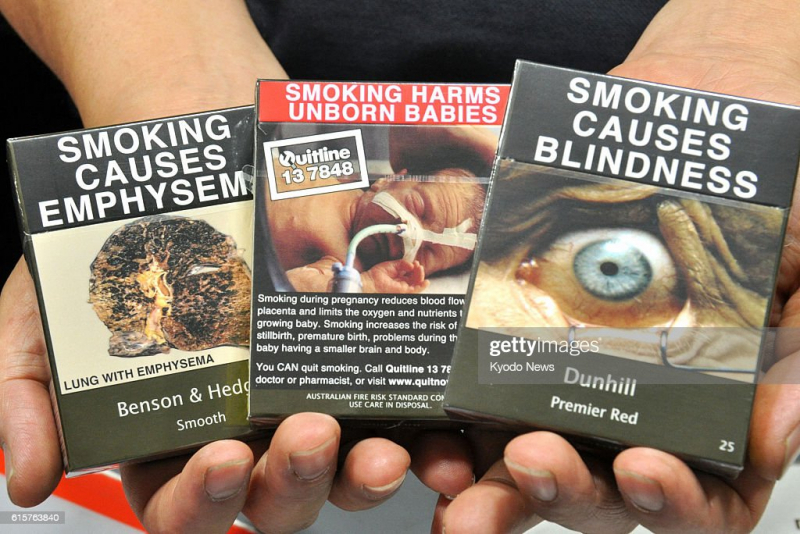
https://www.gettyimages.co.uk/detail/news-photo/ -
Driving is fairly widespread in Australia because public transportation isn't always the best, however this varies by city. So, when driving, remember to keep left – which is simple if you're from the UK. If you're out walking, make sure you glance to your right before crossing. Alternatively, look both directions numerous times before crossing, as this is something you should do anyhow.
Most people are aware that Australians drive on the left side of the road, but did you know they also walk on the left? Many people surprised that more countries haven't embraced it because it appears to be a very sensible system. The ordered road system in the UK, for example, disintegrates moment you're on the pavement; you can walk on either side you wish.
But, thank goodness, there are laws to obey when walking in Australia. Keep to the left unless you're on an escalator. Walking on the right is not illegal, but it will make folks think you're a moron.
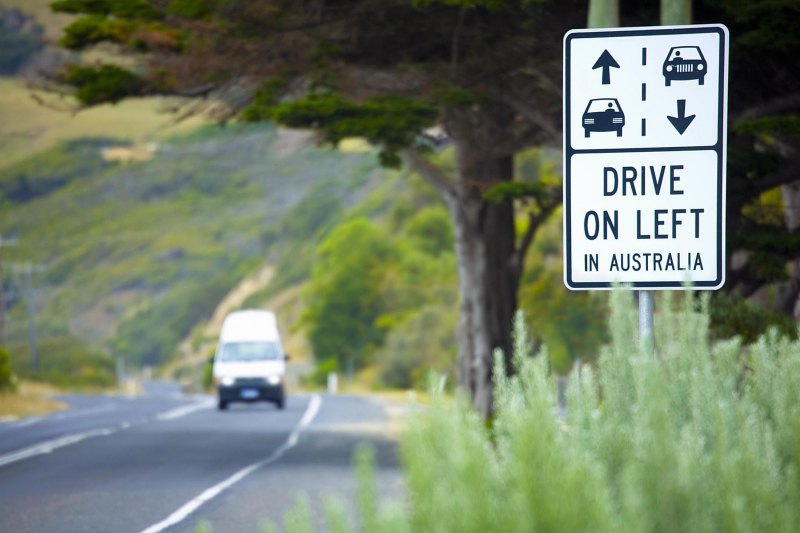
https://www.tripsavvy.com/ 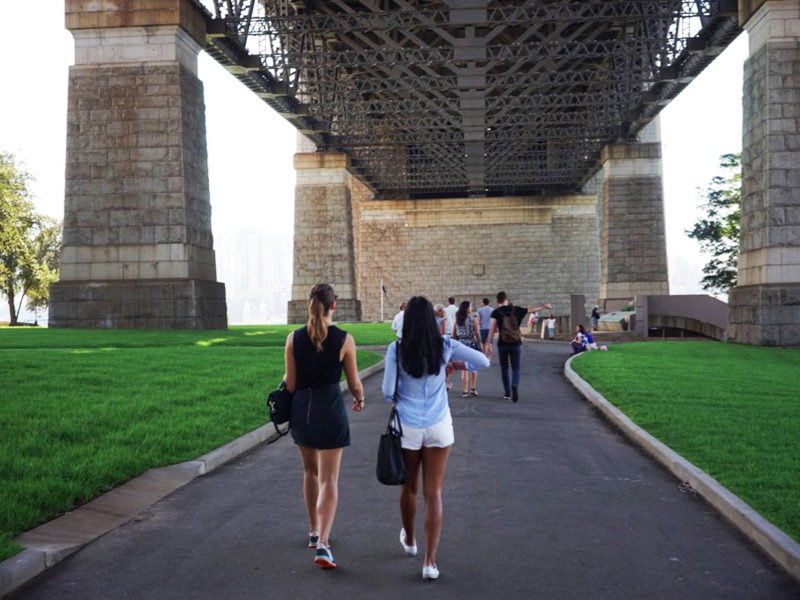
https://www.sydney.com/ -
Internet in Australia is slow and pricey for those who rely on their smart phones and tablets to find places and weather information. Although Wifi is only offered at hostels and cafés, the connection is not what you would expect. However, your only salvation is Mc Donalds, which has free Wi-Fi, so if you're desperate, go there.
If you absolutely must stay connected, the best and most cost-effective solution is to get a portable hotspot. The best option to stay connected is to unlock your phone and purchase a local sim card before you go to Australia.
However, depending on how much data you use, it will add an extra $30-$50 to your budget. They're an excellent investment not only because they keep you connected while you're on the go, but also because some of them can double as a phone charger. With one stone, you can kill two technological birds.

https://www.jumpfiber.com/ 
https://www.itnews.com.au/ -
Australia is the largest country in Oceania and the world's sixth-largest country, with an area of 7,617,930 square kilometers (2,941,300 square miles). Australia is the world's oldest, flattest, and driest populated continent, having the least fertile soils. With deserts in the center, tropical rainforests in the north-east, and mountain ranges in the south-east, it is a megadiverse country with a broad variety of landscapes and temperatures.
Australia is a vast country with a small population and three distinct time zones. I'd say it's a lot for a single country. Eastern Standard Time (EST) for eastern states, Central Standard Time (CST) for the Northern Territory and South Australia, and Western Standard Time (WST) for Western Australia are the three time zones.
It's worth noting that CST is half an hour behind EST, whereas WST is two hours behind EST. So, if you've decided to fly to Western Australia in the morning, you've got two more hours to think about it.
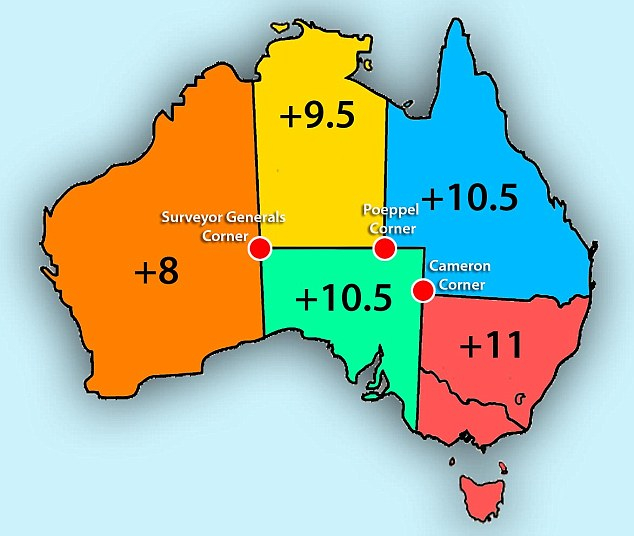
http://www.dailymail.co.uk/ 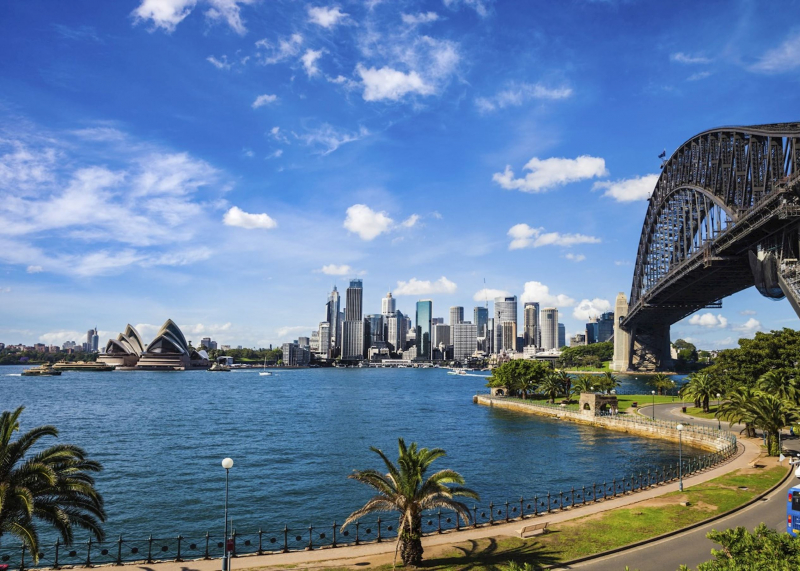
https://www.audleytravel.com/ -
The magpies are out to get you for roughly six weeks every spring. These birds aren't joking when they say they'll swoop down on any unwary walker or biker. Even if you have suspicions, you are almost certainly doomed.
Magpie Alert is a service that gives a live map of all magpie attack locations in Australia. It may appear to be a handy tool for determining which streets to avoid, but it will most likely make you want to stay inside. Male magpies will fly up to 80 meters away and dive bomb people. Although it may appear amusing, their beaks may be quite painful.
The best advise for cyclists is to decorate their helmets with cable ties or googly eyes to make them seem stupid. Magpies have been a protected species in Australia since 1992, thus pedestrians are recommended to carry a stick, although they should not swing too violently. This is definitely one of the top things about Australia You Should Know before traveling to this country.
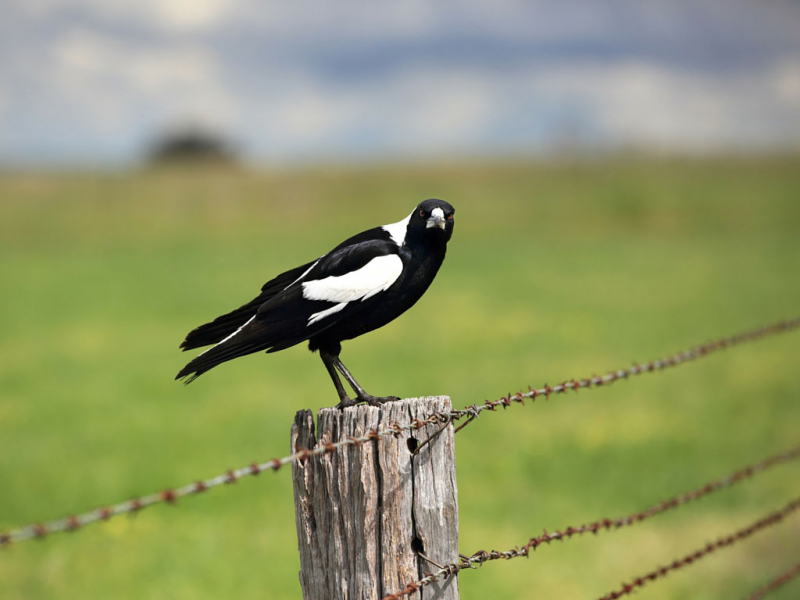
https://www.zincmoon.com/ 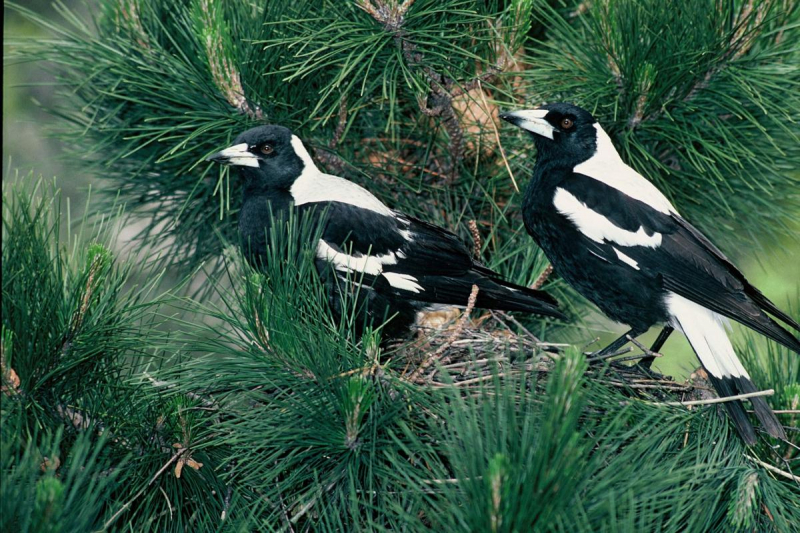
https://nzbirdsonline.org.nz/












